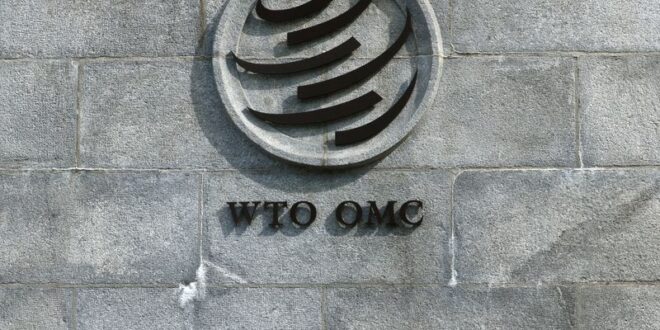(Reuters) – South Africa expects the World Trade Organisation to set up adjudication panels in July to examine its two cases against the European Union over its phytosanitary measures for citrus imports, the country said on Wednesday.
The world’s second largest citrus exporter after Spain is challenging changes made in 2022 to the EU’s phytosanitary requirements for oranges and other citrus products.
The new measures require enhanced cold treatment for fruit due to concerns over false codling moth, a pest commonly found in sub-Saharan Africa, and citrus black spot, a fungal disease that leaves dark spots on fruit.
South Africa, which says the EU measures “are unscientific and discriminatory”, this week requested the establishment of two panels at a meeting of the WTO’s Dispute Settlement Body to examine its complaints after consultations with the EU failed to reach a “satisfactory conclusion”.
“This is the first time that South Africa progresses a dispute at the WTO beyond the panel state of the established DSB process,” South Africa’s trade and agriculture ministries said in a joint statement with the Citrus Growers’ Association of Southern Africa.
“While the EU did not at this time accept South Africa’s request for the two panels, the set DSB procedure is that the requested adjudication panels will be established at its next meeting in July 2024,” the statement said.
A DSB panel report can be expected after nine months, they added.
The EU has said it regretted South Africa’s decision to pursue panel proceedings in the two cases, but maintained that its pest control measures were entirely justified and that it would succeed in any dispute proceedings.
The European bloc is the biggest market for South African citrus, accounting for 36% of total exports last year, according to the Citrus Growers’ Association.
(Reporting by Nelson Banya; Editing by Alex Richardson)
 BeritaKini.biz Berita Viral Terkini di Malaysia
BeritaKini.biz Berita Viral Terkini di Malaysia





